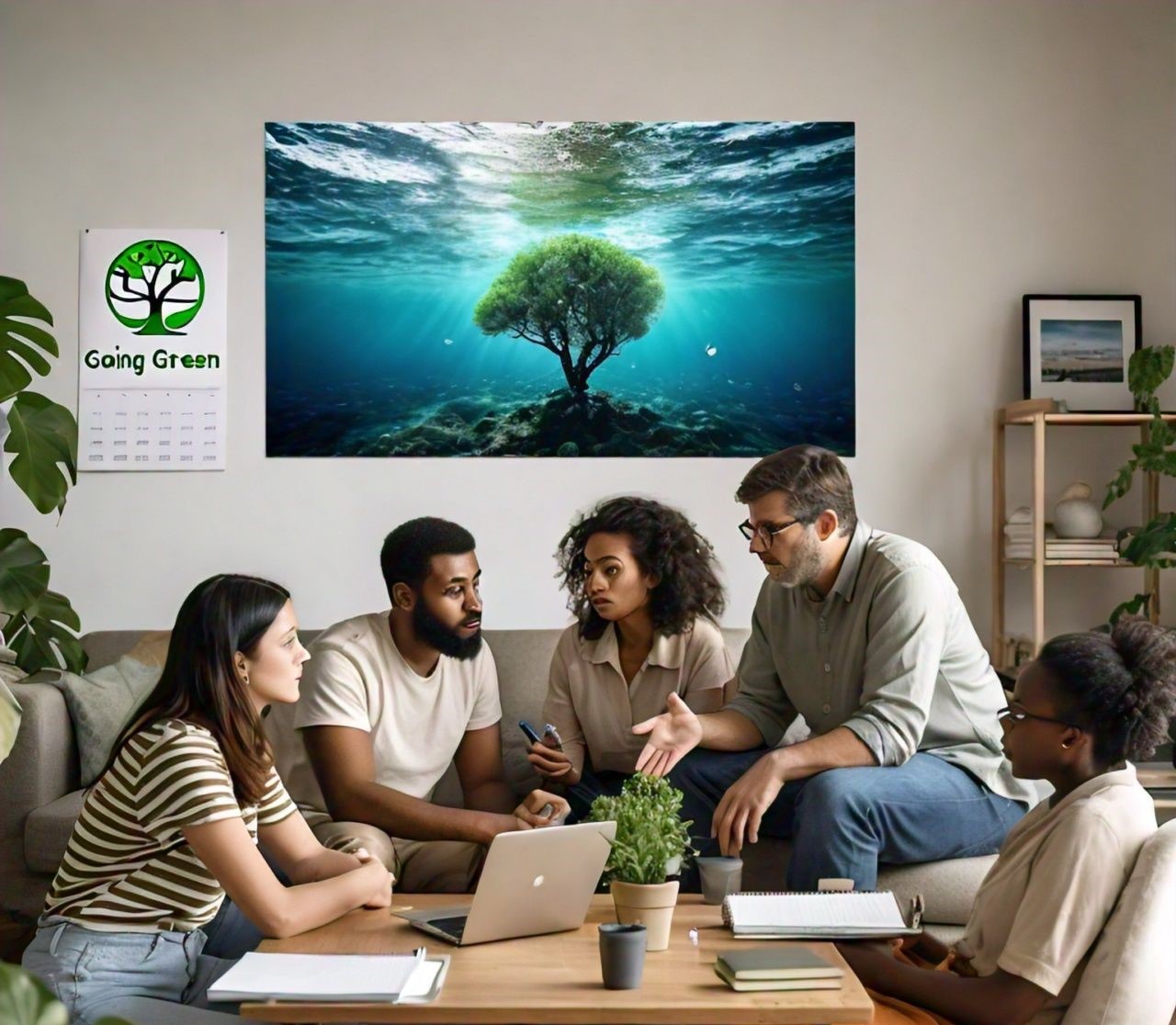Unlocking the Art of Effective Time Management for a Balanced Lifestyle Leave a comment
The Art of Time Management in Lifestyle
Time management is more than just a skill it’s an art that directly influences the quality of our lives. In today’s fast-paced world, mastering the art of time management is crucial for leading a balanced and fulfilling lifestyle. This article delves into various techniques and strategies to help you optimize your time effectively.
Understanding Time Management
Time management refers to the process of planning and exercising conscious control over the amount of time spent on specific activities. This process aims to increase effectiveness, efficiency as well as productivity. Effective time management is essential for achieving personal and professional goals, reducing stress and enhancing overall well-being.
The Importance of Time Management in Daily Life
Effective time management impacts every aspect of our lives. It helps us prioritize tasks, set and achieve goals, reduce hesitation and maintain a work-life balance. Without proper time management, one can easily succumb to stress, miss deadlines and experience burnout. By managing time efficiently, you can improve your quality of life, enhance productivity and have more free time for ease activities and personal development.
Setting Clear Goals
One of the foundational steps in time management is achievable goals. These goals provide direction and motivation also helping you stay focused on what truly matters. Use the SMART criteria (Specific, Measurable, Achievable, Relevant, Time-bound) to set your goals. By clearly defining what you aim to attain , you can allocate your time and resources more effectively.
Prioritizing Tasks
Prioritization is key to effective time management. Not all tasks are created equal as some are more important and urgent than others. The Eisenhower Matrix, also known as the Urgent-Important Matrix, is a powerful tool for prioritizing tasks. It divides tasks into four categories:
- Urgent and Important
- Important but Not Urgent
- Urgent but Not Important
- Neither Urgent nor Important
By categorizing tasks, you can focus on what truly matters and avoid wasting time on trivial activities.
Creating a Daily Schedule
A well-structured daily schedule is essential for managing time effectively. Start by listing all the tasks you need to complete and then allocate specific time slots for each task. Use tools like calendars, planners or digital apps to organize your schedule. Ensure to include buffer times for unexpected delay and breaks to recharge.
Avoiding Procrastination
Procrastination is a significant barrier to effective time management. It often stems from fear of failure, lack of motivation or feeling puzzled by tasks. Combat procrastination by breaking tasks into smaller, manageable chunks, setting deadlines, and using techniques like the Pomodoro Technique, which involves working for 25 minutes followed by a 5-minute break.
Delegating Responsibilities
Delegation is a critical skill in time management. Recognize that you cannot do everything yourself and identify tasks that can be delegated to others. Delegating not only frees up your time but also empowers others and enhances teamwork. Ensure to communicate clearly and provide comfortable resources and support to those you alternate tasks to.
Utilizing Technology
Technology can be a great colleague in time management. Various apps and tools are designed to help you stay organized and manage your time better. Tools like Trello, Asana and Microsoft Teams can help you track tasks, set reminders and collaborate with others efficiently. Use technology to automate continual tasks and streamline your workflows.
Learning to Say No
One of the biggest challenges in time management is learning to say no. Overcommitting can lead to burnout and decreased productivity. Be realistic about your capacity and prioritize your commitments. Politely decline tasks or projects that do not align with your goals or add unnecessary stress.
Practicing Mindfulness and Meditation
Mindfulness and meditation can significantly enhance your time management skills. By practicing mindfulness, you become more aware of how you spend your time and can make more conscious decisions. Meditation helps reduce stress and improve focus by enabling you to manage your time more effectively. Incorporate mindfulness practices into your daily routine to enhance your overall well-being and productivity.
Balancing Work and Personal Life
Achieving a balance between work and personal life is crucial for sustaining long-term productivity and happiness. Set boundaries to ensure that work does not crash on your personal time. Allocate specific times for work, family, hobbies and self-care. By maintaining a healthy work-life balance, you can prevent burnout and enjoy a more fulfilling lifestyle.
Continuous Improvement
Time management is an ongoing process that requires continuous improvement. Regularly assess your time management strategies and identify areas for improvement. Stay open to new techniques and tools that can enhance your productivity. Reflect on your successes and setbacks to refine your approach continually.
Conclusion
Mastering the art of time management is essential for leading a balanced and productive lifestyle. By setting clear goals, prioritizing tasks, creating a structured schedule and utilizing tools and techniques effectively, you can optimize your time and achieve more. Remember that time management is a journey that requires ongoing effort and adjustment. accepting the process you will find yourself living a more organized, stress-free and fulfilling life.

Micheal Clark, an expert in lifestyle, brings extensive expertise and experience to his writing. As a celebrated author, he offers readers insightful perspectives on living well, blending practical advice with engaging narratives that inspire and inform.


















